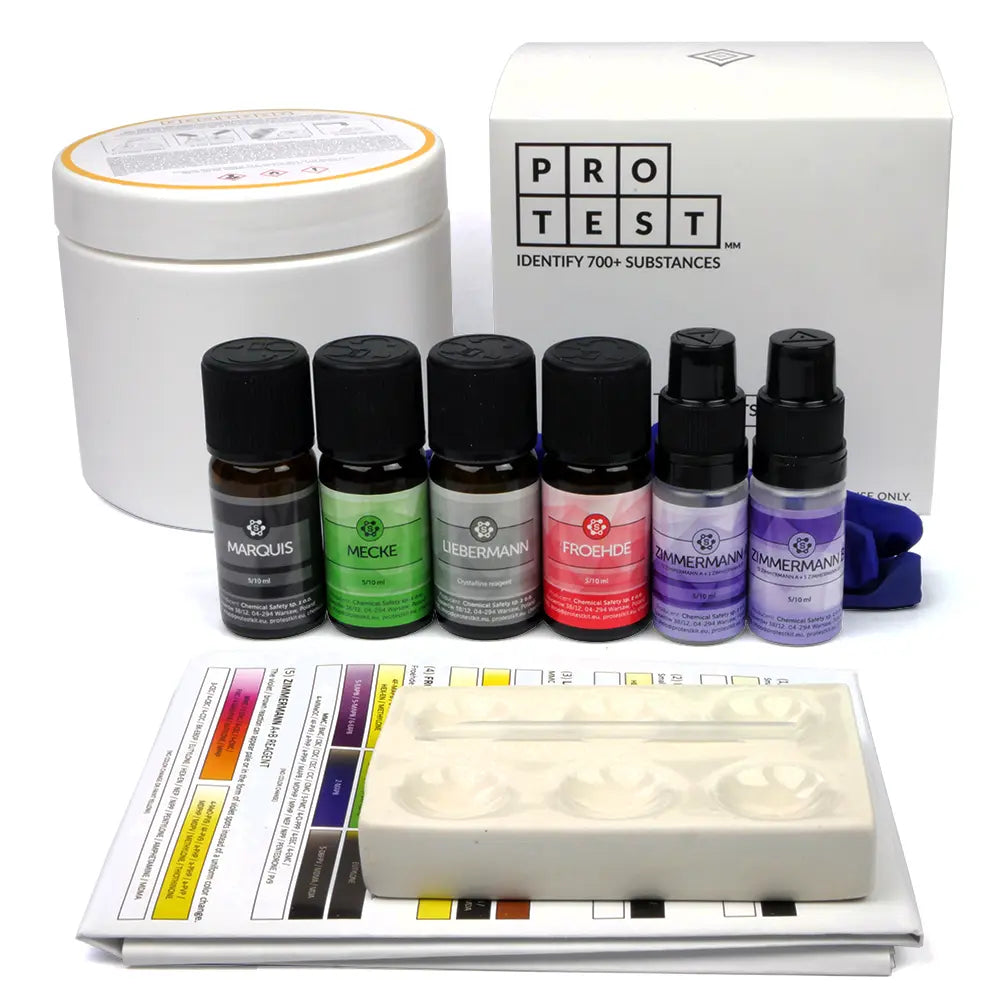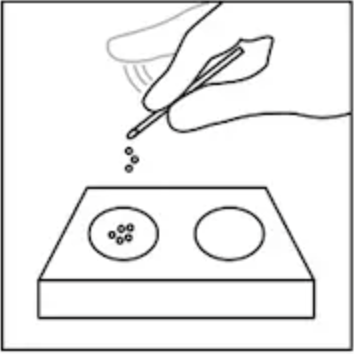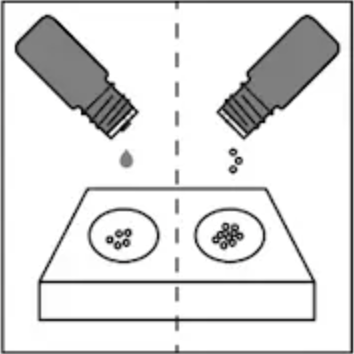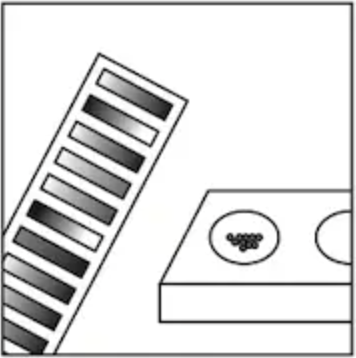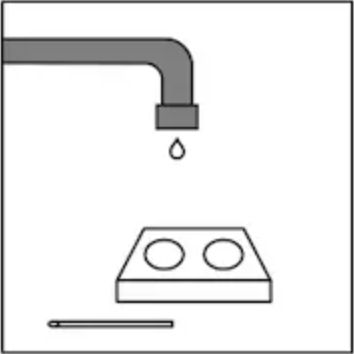PROTESTKIT
Mephedrone (4-MMC) Multi-Use Comprehensive Test Kit
Mephedrone (4-MMC) Multi-Use Comprehensive Test Kit
- Neutral packaging
- Data security
- 1-3 day delivery
Couldn't load pickup availability
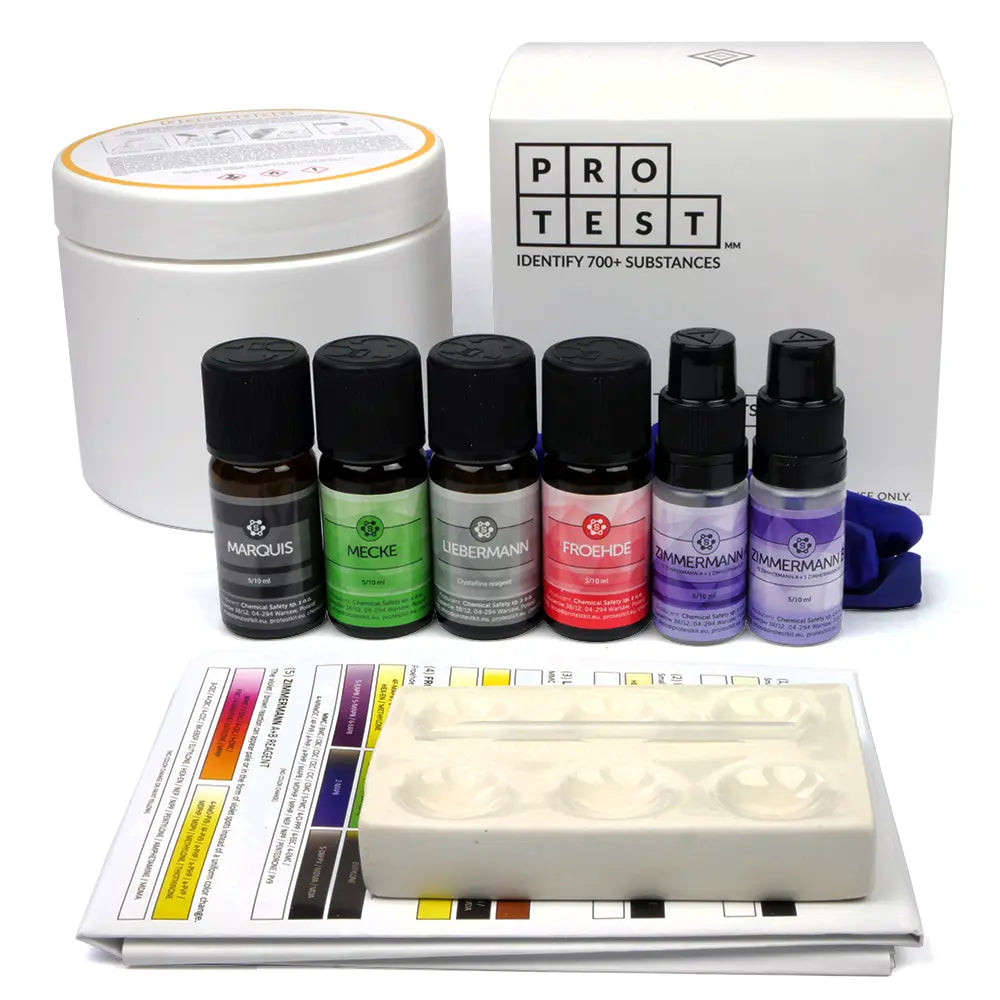
A POSITIVE OR NEGATIVE TEST RESULT DOES NOT INDICATE WHETHER A SUBSTANCE IS SAFE. NO SUBSTANCE IS 100% SAFE.
Collapsible content
WHAT IS MEPHEDRONE (4-MMC) MULTIPLE-USE TEST KIT USED FOR?
Mephedrone Test Kit includes 5 reagents best for mephedrone, MDPV, a-PVP or derivatives, but it is also suitable for 2C-B, benzofurans, MDMA/MDA, opioids and more. It is used to positively identify 4-MMC and to rule out a-PVP, MDPV, eutylone, bk-EBDP, NEP, meth/amphetamines or different, less predictable, less desirable, highly toxic dangerous drugs. Multiple reagents are required to detect adulterants and increase analysis precision.
Reagent tests can indicate PRESENCE, but not QUANTITY.
WHAT IS INCLUDED IN MEPHEDRONE (4-MMC) MULTIPLE-USE TEST KIT?
Mephedrone Reagent Test Kit includes 5 reagents (Froehde, Marquis, Morris, Simon’s, Zimmermann / Beam), absorbent vermiculite, a porcelain reaction plate, a spatula, gloves, instructions and app for all test kits and over 800 substances. Every bottle contains 5 ml (liquids) or 10 ml (crystals), 100 tests of each in total. High quality HDPE and brown amber glass protect reagents from light, plastic and moisture to ensure prolonged shelf life. Child-proof caps guarantee 0 spills.
HOW TO USE MEPHEDRONE (4-MMC) MULTIPLE-USE TEST KIT?
The process of testing for psychoactive substances is completely straightforward. It is important to follow the instructions included in the package and within a few minutes you will be able to self-assess your results.
HOW TO INTERPRET THE TEST RESULTS?
Compare the colour change of the reagent with the colour palette provided in the instructions.
WHAT ARE THE CONDITIONS FOR USING AND ADMINISTERING THE TEST?
Psychoactive substance test kits contain toxic and/or corrosive chemicals that can burn skin and clothing. Keep away from eyes or mouth; Keep away from children and animals; Always use in a well-ventilated area; Wear gloves and safety goggles; Never point at face or other parts of body. If test materials get on skin and/or clothing, wash immediately with plenty of water and soap; Store reagents in a cool and dark place; The accuracy of reagents will deteriorate over time or due to exposure to air, especially if exposed to sunlight or if stored outside the refrigerator. If you are in doubt about the accuracy of a reagent, test it on a sample that has already been validated.

